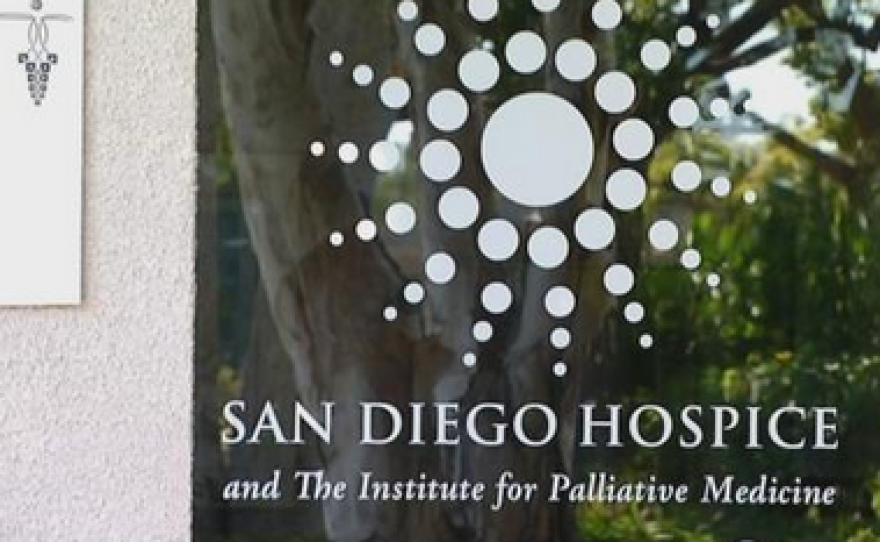In a surprising turn of events in the San Diego Hospice bankruptcy case Wednesday, the attorneys for the hospice and its creditors approached the judge side-by-side agreeing to work together on selling the hospice's most valuable asset, its Hillcrest property.
The unsecured creditors' legal counsel formally withdrew its motion to appoint an independent trustee to the case, a third party who would have overseen the management of the hospice's remaining assets. Now, the hospice and its unsecured creditors, those who are owed money but have no collateral, will jointly oversee the sale of the eight-acre Hillcrest property and will compose a liquidating plan for the remaining assets.
The Hillcrest property is assessed at more than $18 million. Scripps Health has submitted a starting bid of $10.7 million.
Over the past few weeks, the creditors have accused San Diego Hospice of being untrustworthy in the handling of its assets and giving preferential treatment to Scripps. In one court filing the creditors stated, "...in an effort to stymie the Committee's efforts to get real value for the Debtor's assets, the Debtor was doing everything it could to undermine the sale to others by encouraging its patients to leave the Debtor and move to Scripps, thereby giving away its assets."
The Hillcrest property will be auctioned on April 30 before Judge Margaret Mann, going either to Scripps or to the highest qualified bidder.
Yesterday, lawyers for both sides agreed that appointing a liquidating trustee during the wind down process will eliminate any conflict of interest between the hospice and the San Diego Hospice Foundation. Previous court papers filed by the creditors say there could more than $20 million in the hospice’s foundation, which is a separate nonprofit. It’s still not clear how much of that is restricted or available to creditors.
Medicare had joined the now withdrawn motion to appoint a trustee. In its court filing, however, it contended that it will file a claim against San Diego Hospice for potentially $50 million in retribution for money paid out to care for ineligible patients. The hospice has been under audit by Medicare for two years, the results of which have yet to be released.
A class action complaint on behalf of former employees of San Diego Hospice was also filed in court Wednesday. The complaint claims to represent approximately 360 employees who were let go "without cause, as part of, or as the result of, mass layoffs" during the financial crumbling of the hospice business.






